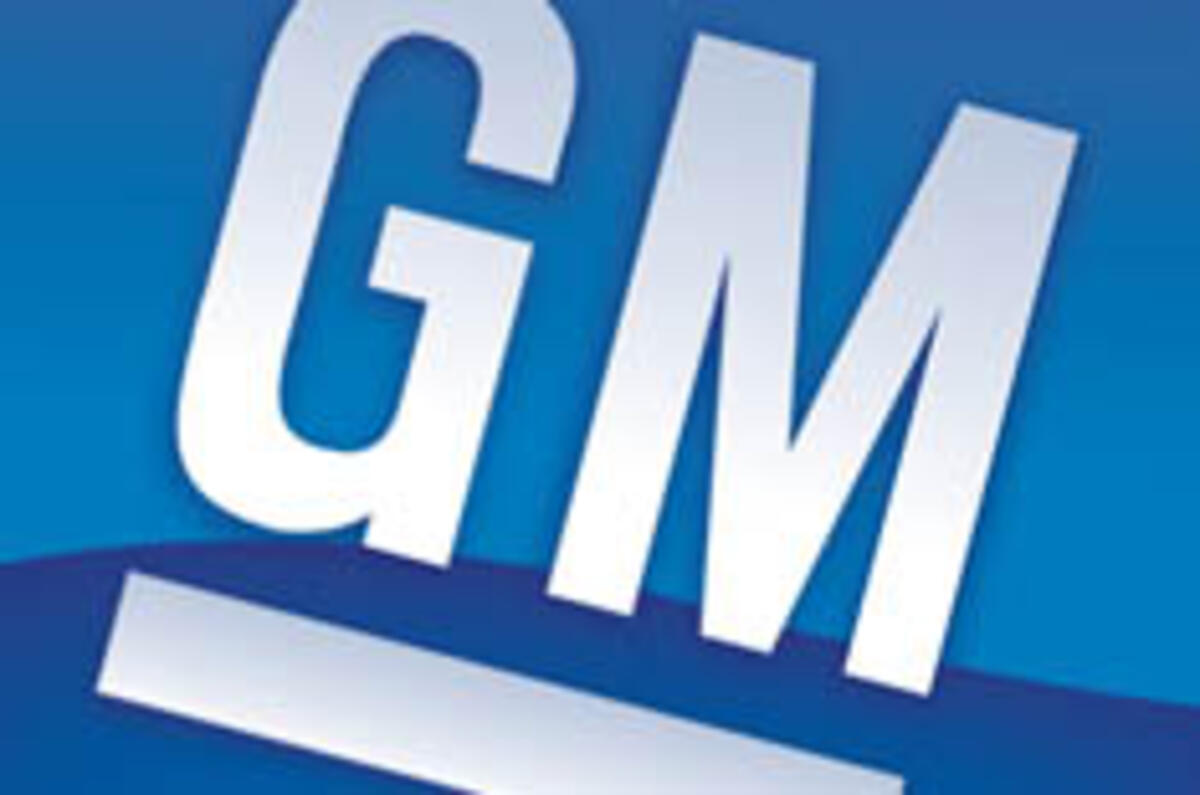General Motors, still the world’s largest car manufacturer by unit sales, has lost £1.1billion ($2billion) more than it expected to last year. Its total losses for 2005 were just over £6billion ($10.6billion).
According to GM, the increase is due to higher costs from restructuring, and its enormous pension liabilities. Its plans to cut 30,000 jobs over the next three years and close several factories may not be enough, and even they have had their price tag rewritten in the wrong direction: up by $300million to $1.7billion.
Rather than abating, the troubling news has mounted for GM following the bankruptcy of car parts supplier Delphi last year. GM is liable for the pension and healthcare costs of Delphi’s former workers. Revising its estimate of exposure to Delphi-related costs upwards to $5.5billion before tax, GM said that liability could exceed $12billion.
Whether the measures taken by GM so far - negotiating with the powerful United Auto Workers union, whose contract with the firm ends in 2007, capping the healthcare benefits of retirees, cutting pay for its directors and halving the dividend – will be sufficient to see GM survive, let alone thrive, remains to be seen.
The manufacturer has failed to adapt its products to the changing US market. Whilst Toyota managed to sell over 150,000 hybrids in the US last year, GM’s range remains centred on large trucks, 4x4s and other models that guzzle petrol. Pump prices have remained at more than $3 a barrel in the US, the General’s sales decreases by just over 10 per cent in 2005. Ford’s sales declined by 8.7 per cent.
Nevertheless, GM sold 9.2million cars and trucks in 2005, its highest total since 1978, and became the largest carmaker in China whilst turning a profit in Europe.





Add your comment